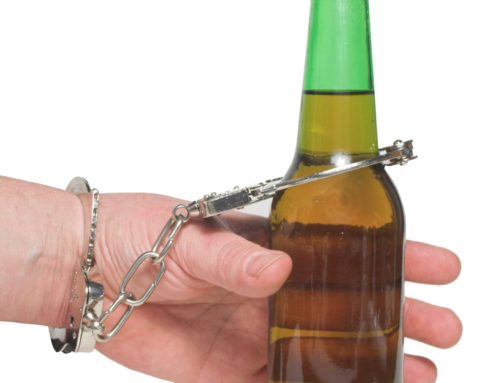 Juvenile criminal sentencing in California is more complex than one might think. From Justin Bieber to Lindsay Lohan, we often see young people when they are minors getting into trouble which may lead to criminal charges. In many counties in California including Los Angeles, Orange, San Bernardino and Riverside County, we see juveniles get involved with gangs at a young age and are often directly by older gang members to commit more serious crimes thinking that a minor will not face as tough a sentence. However, under California Welfare and Institutions Code section 707(b) minors can be tried and sentenced as adults for committing serious offenses such as robbery, rape, assault with a deadly and murder. In many such cases, a minor may be looking at a sentence beyond their own life expectancy but they can avoid such a sentence if represented by a competent California criminal defense attorney.
Juvenile criminal sentencing in California is more complex than one might think. From Justin Bieber to Lindsay Lohan, we often see young people when they are minors getting into trouble which may lead to criminal charges. In many counties in California including Los Angeles, Orange, San Bernardino and Riverside County, we see juveniles get involved with gangs at a young age and are often directly by older gang members to commit more serious crimes thinking that a minor will not face as tough a sentence. However, under California Welfare and Institutions Code section 707(b) minors can be tried and sentenced as adults for committing serious offenses such as robbery, rape, assault with a deadly and murder. In many such cases, a minor may be looking at a sentence beyond their own life expectancy but they can avoid such a sentence if represented by a competent California criminal defense attorney.
Life Sentences for Minors/Cruel and Unusual Punishment
In many cases involving gun charges, gang enhancements or cases dealing with great bodily injury other than death, a minor may be facing a combined sentence that exceeds the normal life expectancy in California. Such a sentence where no one has been killed, especially for a minor with little to no criminal record can be unfair. However, a competent criminal defense attorney can challenge such a sentence. The California Supreme Court has found that sentencing a juvenile offender for a non-homicide offense to a term of years with a parole eligibility dates that falls outside the juvenile offender’s natural life expectancy constitutes cruel and unusual punishment under the Eight Amendment to the United States Constitution.
As such, a criminal defense attorney will argue that as directed by the California Supreme Court in People v. Caballero (2012) 55 Cal.4th 262, a sentencing judge must consider all mitigating circumstances attendant in the juvenile’s crime and life, including but not limited to his or her chronological age at the time of the crime, whether the juvenile offender was a direct perpetrator or aider and abettor, and his or her physical and mental development, so that it can impose a time when the juvenile offender will be able to seek parole from the parole board. The Board of Parole Hearings will then determine whether the juvenile offender must be released from prison based on demonstrated maturity and rehabilitation.
It is important when a juvenile is facing exposure to what equates to a lifetime in jail that they seek an attorney who is familiar with juvenile sentencing laws and can make the court aware of every mitigating factor which often time can save a juvenile from serving a lifetime in an adult prison.
Keeping Juvenile Cases from Adult Court
One way to avoid serving a long adult sentence in state prison is to keep a juvenile case from going to adult court. As discussed above, the California Welfare and institutions Code governs whether a case should be tried in adult court. When a minor is charged for certain serious offenses in Juvenile Court, often times a prosecutor will seek to have the case moved to adult court. Procedurally, the prosecutor will seek an order from a juvenile court judge to have the minor found “unfit” to be tried in juvenile court pursuant to California Welfare and Institutions Code section 707.
Prior to a judge finding a minor fit or unfit to be tried in juvenile court, a hearing must be held wherein a juvenile can set forth evidence to allow the court to keep the case in Juvenile Court. Prior to a judge making a finding in regards to fitness to be tried in Juvenile Court, Welfare and Institutions Code section 707(b) requires a Juvenile Court Judge in California to consider:
1. The amount of sophistication displayed by the minor in the commission of the crime.
2. Can the minor be rehabilitated prior to the expiration of Juvenile court jurisdiction;
3. Previous attempts to rehabilitate the minor;
4. The minors previous delinquent history; and
5. The gravity and circumstances of the offense.
The need for prompt consultation with a legal professional following a juvenile arrest in California:
In order to be successful in keeping a serious felony case in Juvenile Court a juvenile and/or his or her family must consult with and retain an experienced juvenile court criminal attorney with knowledge of the juvenile and criminal laws in California. Often times, an experienced attorney can save a juvenile who is charged with committing a serious crime in California from facing an adult court sentence which in most cases can save the life of a minor who made a mistake at a very young age.




